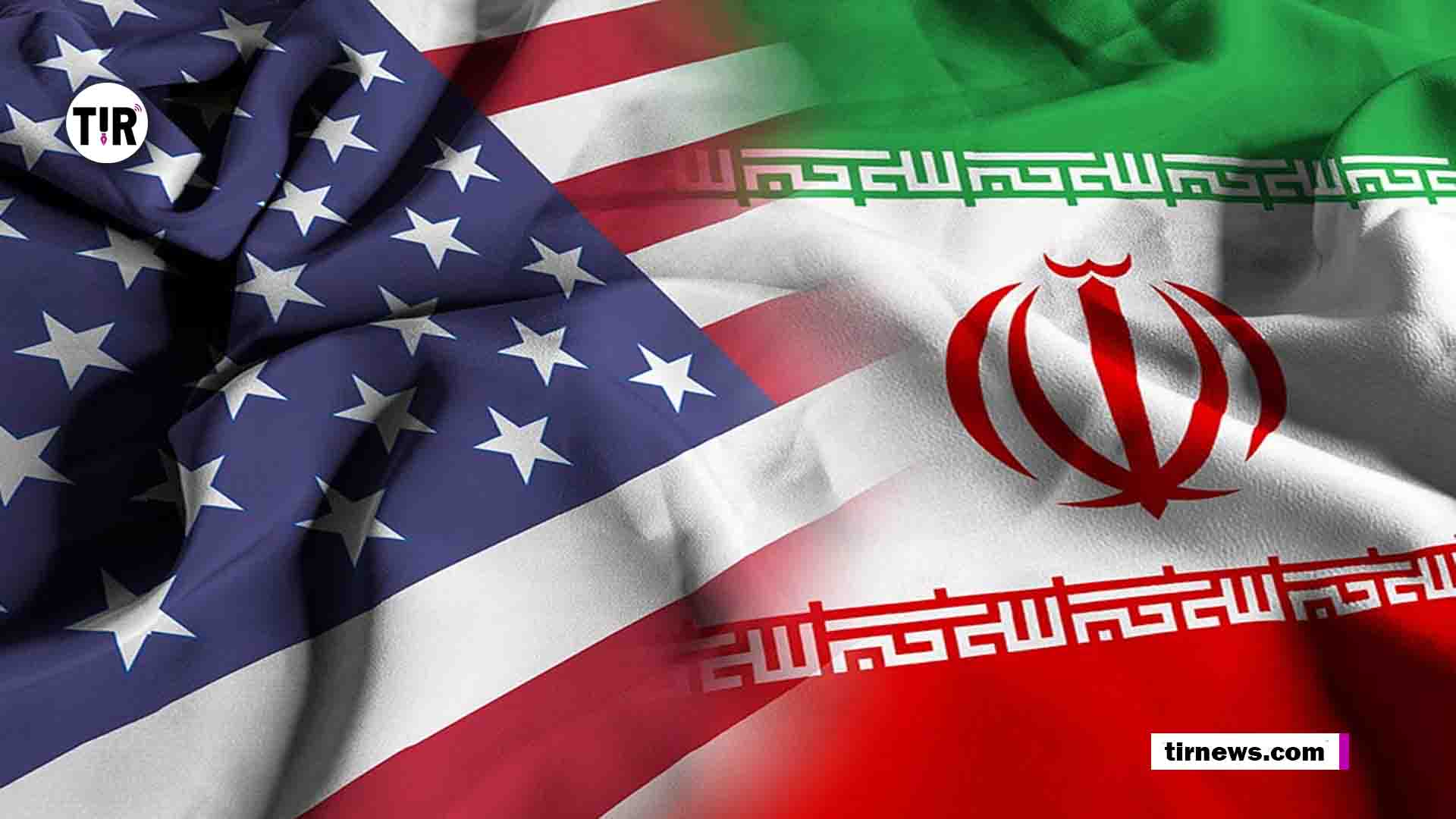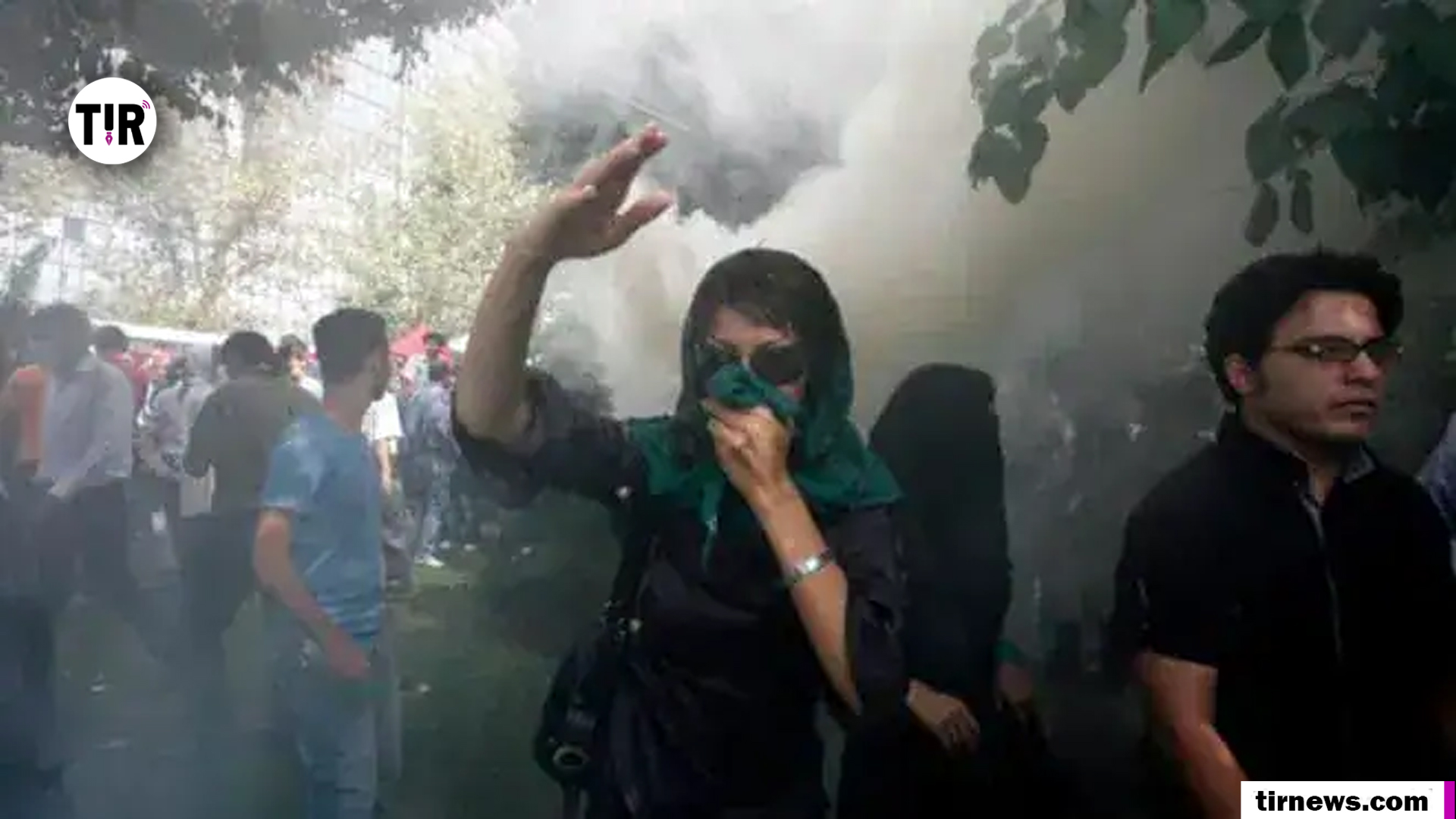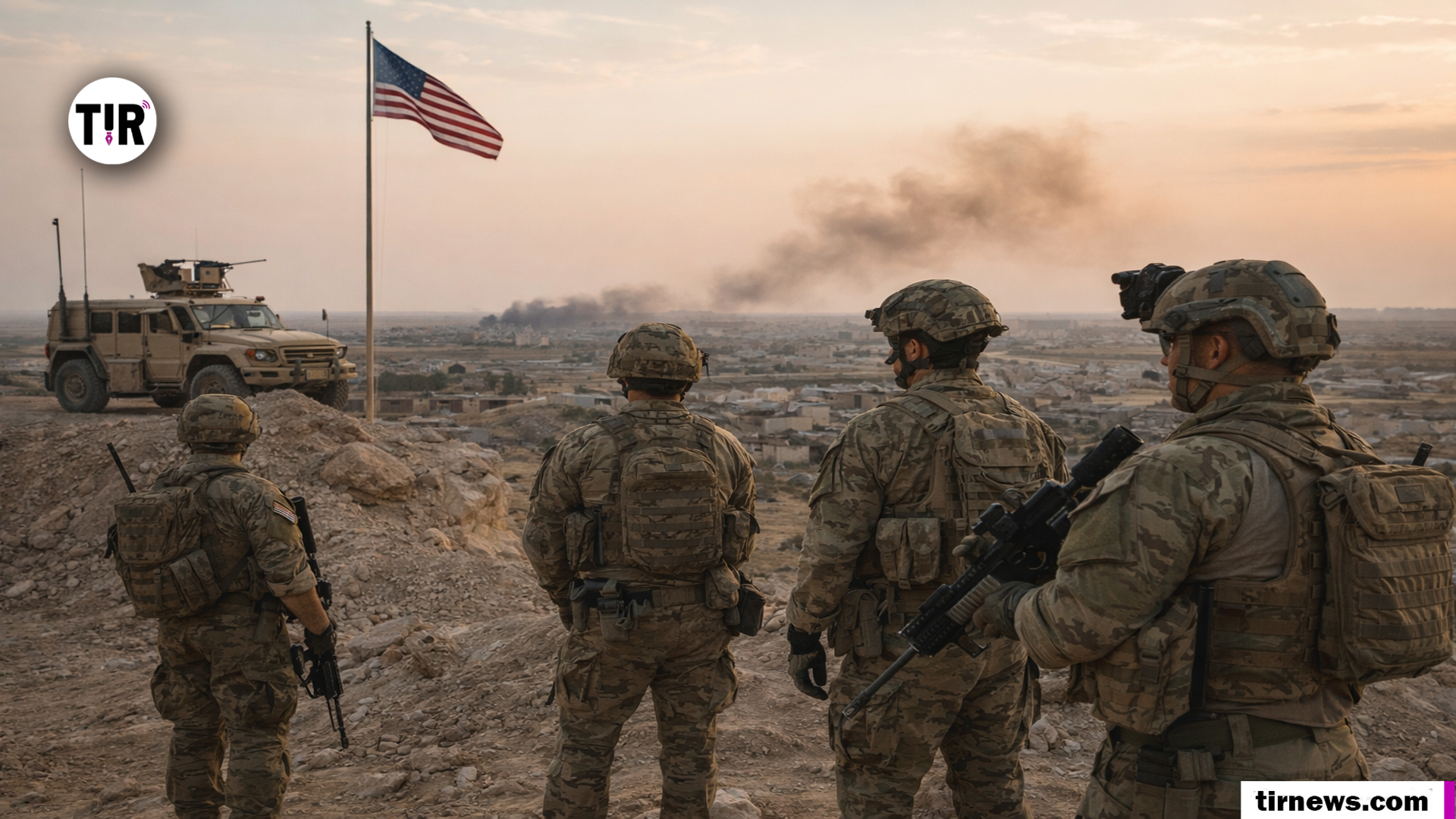Rome — In a renewed diplomatic push, Iran and the United States are set to hold the second round of negotiations over Tehran’s nuclear program in Rome over the Easter weekend. The upcoming discussions aim to ease mounting tensions and revive momentum for a potential nuclear deal.
Following a preliminary meeting in Muscat, Oman, earlier this year, both sides are approaching the Rome summit with cautious optimism. The United States will be represented by Special Envoy Steve Witkoff, while Iranian Deputy Foreign Minister Abbas Araghchi is expected to lead the Iranian delegation. Oman continues to play the role of a key mediator in the ongoing dialogue.
Ahead of the Rome talks, senior Iranian officials also met with Russian counterparts in Moscow, indicating growing international involvement and interest in finding a diplomatic resolution.
Key Focus: Uranium Enrichment and Sanctions Relief
At the heart of the negotiations lies the issue of uranium enrichment. Iran has been enriching uranium to 60% purity—just short of weapons-grade—sparking concerns in Washington and among European powers. The U.S. wants to bring enrichment levels back to 3.67%, as stipulated in the 2015 Joint Comprehensive Plan of Action (JCPOA).
Iran, however, maintains that its nuclear activities are for peaceful purposes. Officials are seeking firm guarantees from the U.S. that any future deal will not be scrapped unilaterally, as was the case in 2018 under the Trump administration.
Broader Context: Regional Tensions and Economic Pressure
The renewed nuclear dialogue comes at a time of rising regional instability, particularly with ongoing tensions involving Israel and Iran-aligned groups in Yemen. Domestically, Iran is grappling with a crippling economic crisis, further exacerbated by international sanctions. A successful agreement could pave the way for sanctions relief, which Tehran sees as essential for economic recovery.
What’s Next?
The Rome negotiations could prove pivotal. While both Tehran and Washington have signaled openness to diplomacy, deep-rooted mistrust and divergent goals still stand in the way of a breakthrough. Observers are watching closely to see if this round of talks can bridge the gap and revive the stalled nuclear agreement.



